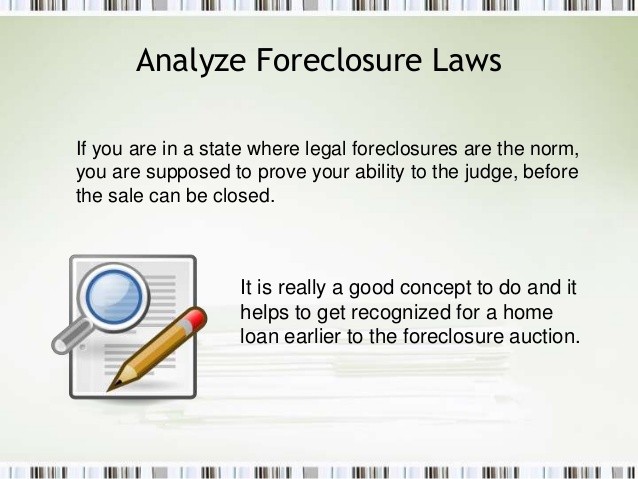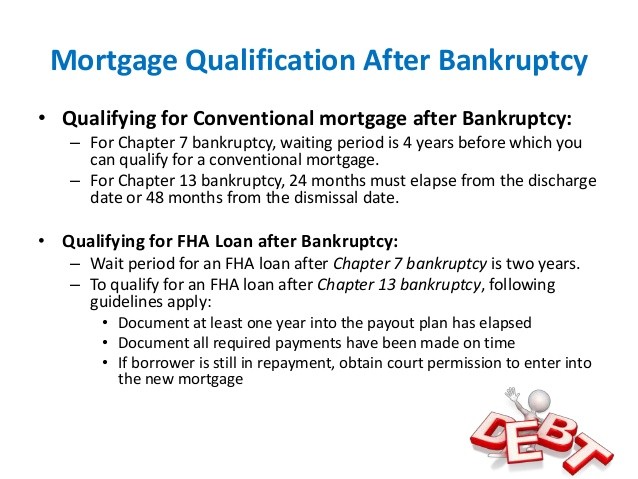Foreclosure Laws What to Know Before Buying
Post on: 16 Март, 2015 No Comment

Like much of the real estate industry, home foreclosure laws vary from state to state. It’s difficult to get a grasp on the greater picture of each state because of this fact, but it helps to know that there are two different types of foreclosures: judicial foreclosures and non-judicial foreclosures. This is true whether you live in Maryland, Idaho, Virginia, or Mississippi.
- Judicial foreclosures mean that a judge gets involved in the foreclosure process. In this instance, the lender is required to go to court and argue why your house should be taken away or put up for auction. This tends to take a good amount of time — months even — but that’s beneficial to the homeowner. It gives them the opportunity to take care of whatever problems they had that led to the foreclosure claim in the first place. If they don’t take care of it, the house will be put up for auction.
- Non-judicial foreclosures mean that a judge doesn’t need to get involved in the foreclosure process in order for the foreclosure to run its course. In this instance, the lender will file a notice of default with the county records office. In that instance, the homeowner is notified by mail of the proceedings and will be given some time to take care of the particular problems with the lender. If they don’t, the house is foreclosed on.

Because each state has its own laws, it’s best to check with a site like foreclosurelaw.org. but there are a few key factors you should always keep in mind when approaching a foreclosure, from either side.
- Know when your bank is starting the foreclosure process. How do you figure that out? Easy. Call them. Some banks start foreclosure proceedings exactly 90 days after no payments are received. Some take longer. The only way you can find out is by asking your bank.
- Know how long the foreclosure process takes. After those ninety days, how long does everything take? As usual in the housing business, it varies from bank to bank. Again, call your bank and get the information from them. Sorry! Best case scenario, the situation will be taken care of within 6 months.
- Know your alternatives. Just because you’re facing foreclosure doesn’t mean you will be foreclosed on. There are a number of things you can do in between getting that first call from the bank and being forced to move out in order to prevent actual foreclosure. Talk to a foreclosure attorney about what you can do.
- Know the necessary paperwork. If you’re being foreclosed on, you can rest assured that you will receive copious amounts of paperwork from the bank and your mortgage company’s lawyers. It will be best for you to get an attorney of your own. That way, you’ll have a better understanding of how important all this paperwork is. If you can’t get an attorney, you’ll want to do a great deal of research in preparing.
Five Foreclosure Laws
Here are four laws that should help you get a better read of the foreclosure process. These laws are in effect for nearly every state in America.
- Notification of Intent to Foreclose. States require that lenders notify the borrower at least thirty days in advance before they obtain a court judgment to foreclose.
- Deficiency Judgment. Certain states allow a lender to file a judgment against a borrower entitling the lender to collect any amount of the outstanding not covered by the sale price.
- Right of Redemption. Certain states allow defaulting borrowers to satisfy loan defaults and recover the property if they take care of it within a specific timeframe.
- Civil Relief Act of 2003. This law states that if a borrower or borrower’s spouse is on active military duty, their house cannot be foreclosed on.














